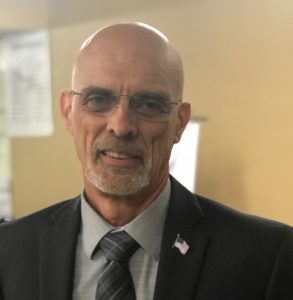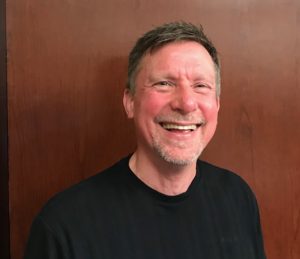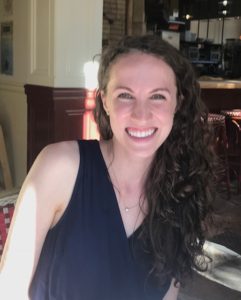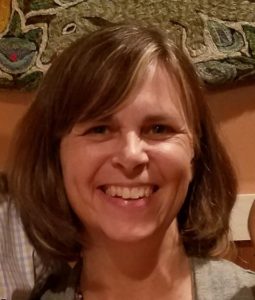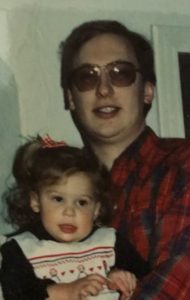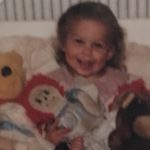I was exhausted.
I had just completed three out-of-town trips in three weeks, seeing eight people on my list. Of course, this required writing and editing eight letters, only some of which I had completed before the start of my trips.
I delivered my last letter in Portland, and then helped facilitate a three-day intensive workshop. By the end of the workshop, I was more tired than I had been since I pulled all-nighters two decades earlier at my tax software business.
It was time for a break, so I took it. I’ve been slow-releasing the letters since then. Ron’s letter was the last, released four weeks after I read it to him.
I’ve decided to extend my project beyond the six months. It doesn’t make sense to try to kill myself to get it done. It’s important to not let deadlines interfere with the purpose of the project, especially since the deadlines are arbitrary.
My only concern is that the six-month deadline helped me stay on track. It’s the reason why I chose six months in the first place rather than a year. But I’m not concerned. I’ve seen enough benefit to this project that I will finish it, even at a slower pace.
I’ve read letters now to 18 people. I’ve published 16 of these letters. One letter I decided not to publish. Another person didn’t want her letter published and made it a pre-condition of her participation in the project. I’m very gratified to have permission to publish all the rest.
I figure I have about a dozen to go. There are a couple of people I haven’t decided on yet. I need to have a compelling reason to see someone and to write them a letter. In these particular cases, the relationships ended poorly, but I’m not sorry for ending them the way I did. On the other hand, I can focus on what went right in the relationship, so I may see these people after all.
I’ve received different gifts from different people.
With some, it’s been a very easy-going and gentle experience that affirms the deep friendships I have with them. These interactions tend to be with people I see often.
With others, it’s the first time I may have seen them in a decade or two. I feel rather apologetic about this. There’s a lot of catching up and promises to see each other more often. I plan to make good on these promises, though for some it will be after the project has ended.
With some people, the meeting is highly symbolic for me, even if I don’t know the person very well. These meetings are usually very healing for me.
Here’s an example. Writing about Savannah was very vulnerable for me, because I harbor shame about my relationships with young women whose roots extend back to the days when I was a young man. When I made the conscious decision to publish her letter, it was with the full knowledge that people could try to read between the lines and make up a nefarious story about what was really happening in that relationship. In turn, I could have made up a story about how everybody was judging me for a perfectly innocent relationship.
Even a year or two ago, the story I would have made up about other peoples’ judgment would have prevented me from publishing the letter. I trust the people close to me, but… the entire internet?
So publishing the letter was an act of vulnerability, strength, and courage. It may not have been as difficult for somebody not as susceptible to shame. The fact I actually felt good about it represented freedom for me.
I then read Savannah’s letter to her which was again very healing for me. It is a relationship of unconditional love and acceptance. I can’t put into words what this means to me.
Then I went straight into facilitating a Foundations Workshop. I plan to write an entire letter to describe this amazing workshop, but for now I’d like to highlight one event from that weekend.
There is a major process called “contracts”. A contract is a “being” statement; it is who you are at your best. It usually takes the form: “I am a _____ man” or “I am a _____ woman.”
On Friday nights during the workshop, we get the presenting team together for “Contract School.” We teach facilitators the process to get the participants to claim their specific contract. Sometimes we have a volunteer who takes the role of a participant so people can practice.
Except… there’s no way to have a “practice” contract process. If the volunteer answers the questions openly and honestly, she will be IN a real contract, the emotions will emerge and she will claim the words of her new contract.
It had been more than a decade since I volunteered, but on this particular Friday I found myself raising my hand. After going through the process, I claimed this contract:
I am a free man letting go of the bullshit.
If you’ve read my letter to Savannah, you recognize where the word “bullshit” comes from. It is my shame. My shame keeps me small and safe. But claiming my freedom from shame with such an energetic word is liberating.
Last weekend I returned to Portland for the second part of the two-weekend workshop. I was facilitating a high-energy process with about 40 people in attendance. In front of so many people, I made a mistake that cascaded into a whole series of mistakes. I may have ruined a part of the experience for a participant. I was so emotionally overwhelmed that I asked another facilitator to take over for me. This had never happened to me before.
My contract helped me quickly recover. It wasn’t easy. I had to get away and let the feelings wash over me before I could sort through them. It was the first real test of my new contract. While I still feel a twinge of embarrassment, I was able to process through my shame. It will not stop me from risking again in the future.
This is something I can generalize to other situations in my life. I can work to eliminate the bullshit that holds me back and keeps me from putting myself out there.
And I have one or two more symbolically important people still on my list. So I have more healing to receive from my friends.
To those who have already participated in this project, thank you for being there for me. I am determined to make the most of the privilege.
